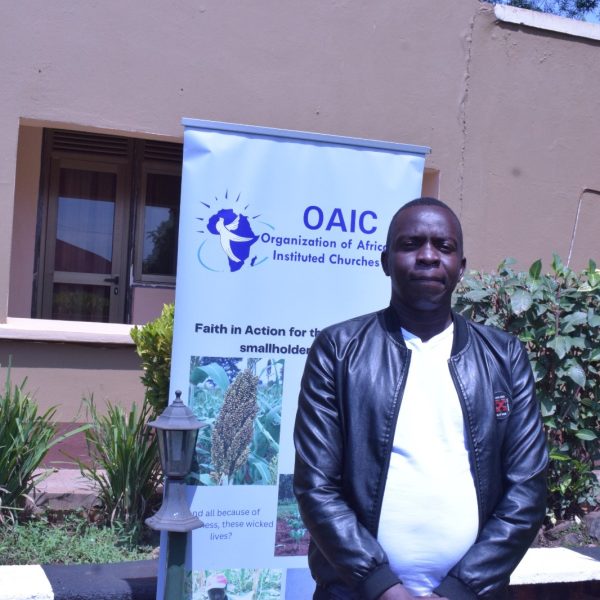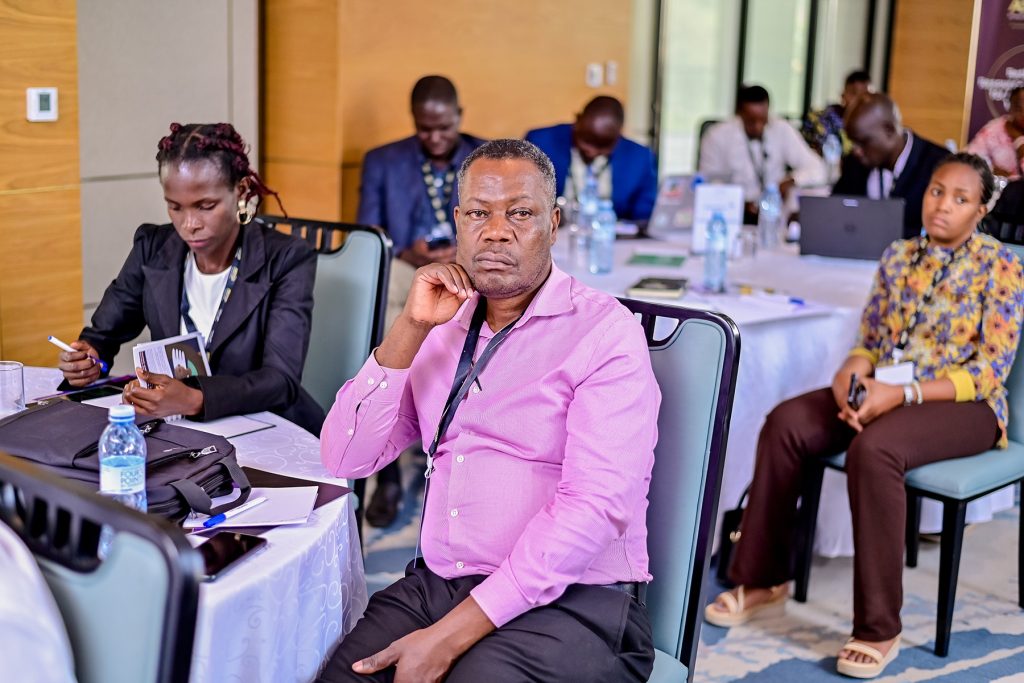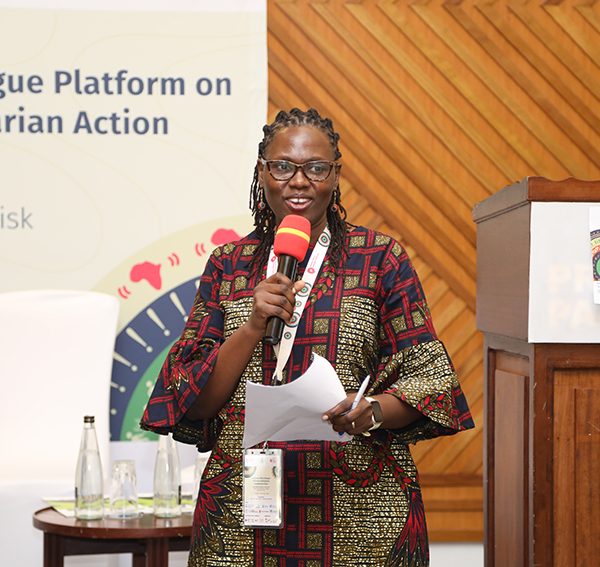
Introduction
In a world increasingly impacted by climate change, the role of media, particularly radio, in disseminating accurate and timely information is crucial. NECJOGHA is committed to building the capacity of radio journalists in the Greater Horn of Africa to effectively report on climate change issues. This includes addressing the unique vulnerabilities of Eastern Uganda, such as landslides during the March-May season, drought in Karamoja, floods in Teso, food insecurity in Busoga, and marine accidents on Lake Victoria and other regional freshwater bodies.
Target Audience
This training program is designed for radio journalists, broadcasters, and producers working in the Greater Horn of Africa who are passionate about reporting on climate change and its impacts on local communities.


Training Objectives
- Enhance understanding of climate change science, impacts, and solutions.
- Develop skills in reporting on climate-related events, including extreme weather, droughts, and floods.
- Learn how to translate complex scientific information into accessible language for radio audiences.
- Explore innovative approaches to climate storytelling, including interviews, field reporting, and the use of sound.
- Build connections with climate experts, scientists, and community members.
- Promote ethical and responsible reporting on climate change.
Training Content
The training program will cover a range of topics, including:
- Fundamentals of climate change science
- Impacts of climate change on the Greater Horn of Africa, with a specific focus on Eastern Uganda’s vulnerabilities.
- Climate adaptation and mitigation strategies
- Role of media in climate change communication
- Ethical considerations in climate reporting
- Storytelling techniques for radio
- Interviewing skills for climate stories
- Field reporting on climate events
- Use of sound to enhance climate narratives.



Training Methodology
The training will employ a variety of interactive methods, including:
- Presentations by climate experts
- Group discussions and case studies
- Practical exercises and simulations
- Field trips to climate-affected communities
- Mentoring and feedback sessions
Expected Outcomes
Upon completion of the training, participants will be able to:
- Produce accurate and informative radio reports on climate change.
- Engage audiences with compelling climate stories.
- Contribute to raising awareness and promoting climate action in their communities.


Partnerships and Collaboration
NECJOGHA will collaborate with national meteorological agencies, climate organizations, and media institutions to deliver this training program. We believe that partnerships are essential to building a strong network of climate-literate radio journalists in the region. This includes working with the Uganda National Meteorological Department to provide journalists with access to reliable weather data and expertise.
Impact
This program has successfully trained and mentored 50 radio stations in Eastern Uganda. The training has enhanced environmental programming, introduced dedicated climate beats, facilitated awareness campaigns, and improved the dissemination of weather updates.


Call to Action
If you are a radio journalist committed to reporting on climate change, we invite you to join our training program. Together, let’s amplify the climate story and empower communities to build a more sustainable future.
Contact Us
For more information about the Radio Climate Journalism Training program, please contact NECJOGHA at info@necjogha.net.

